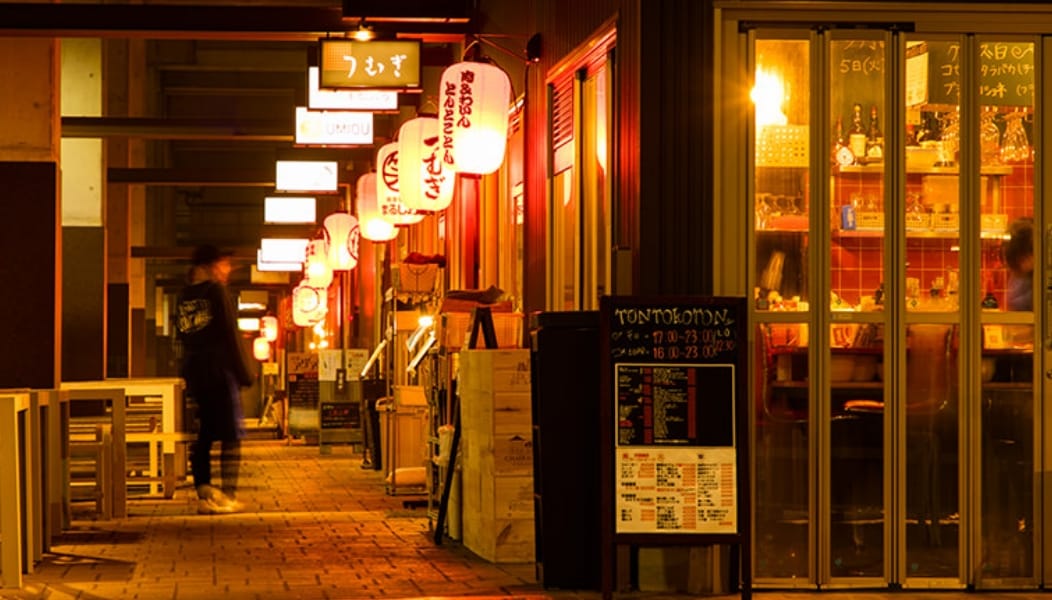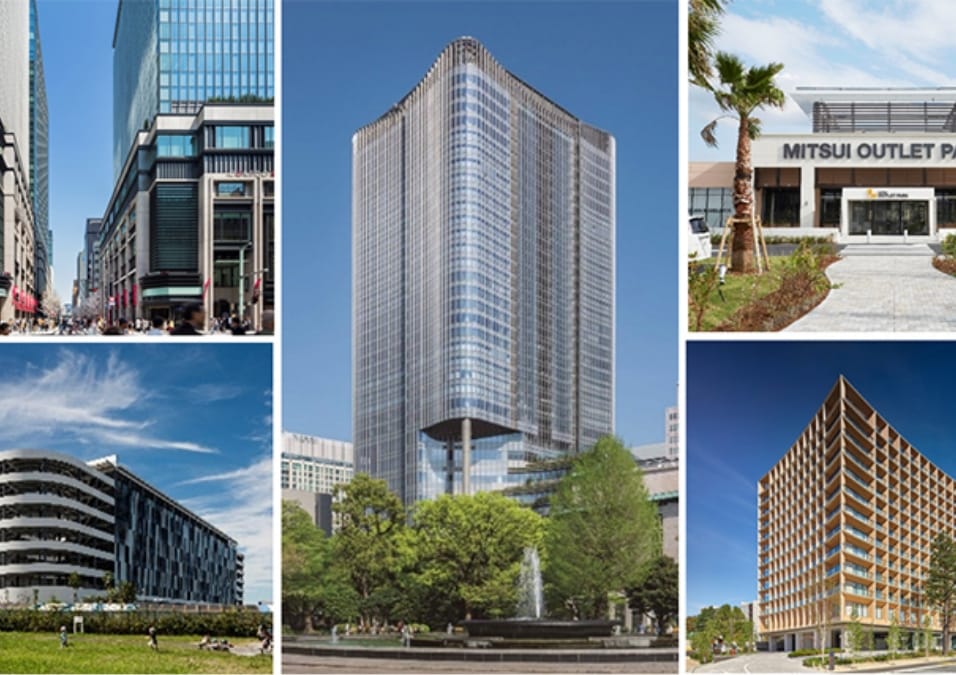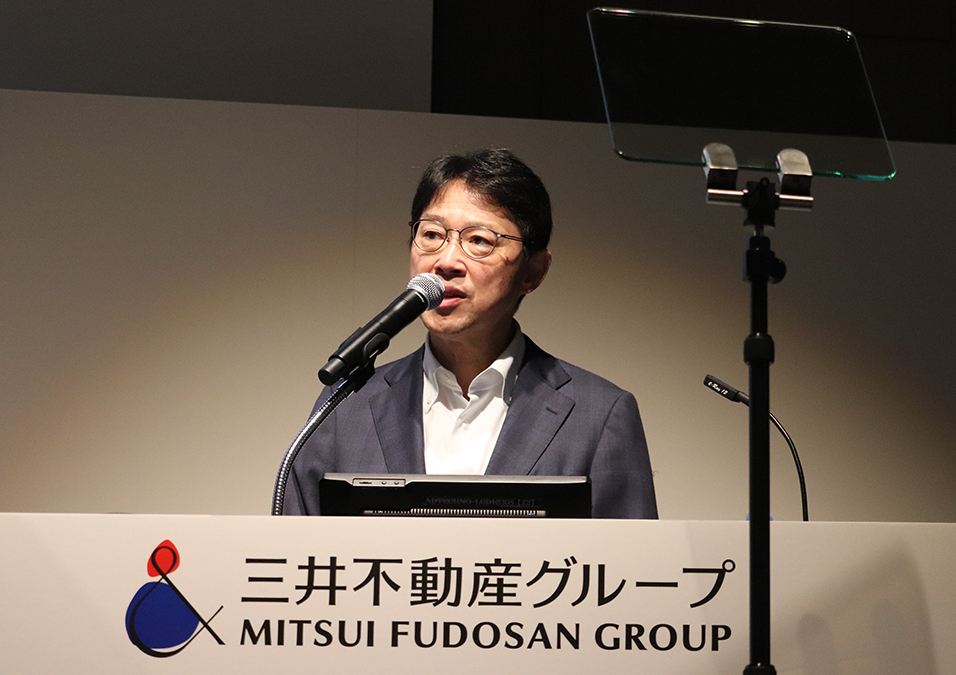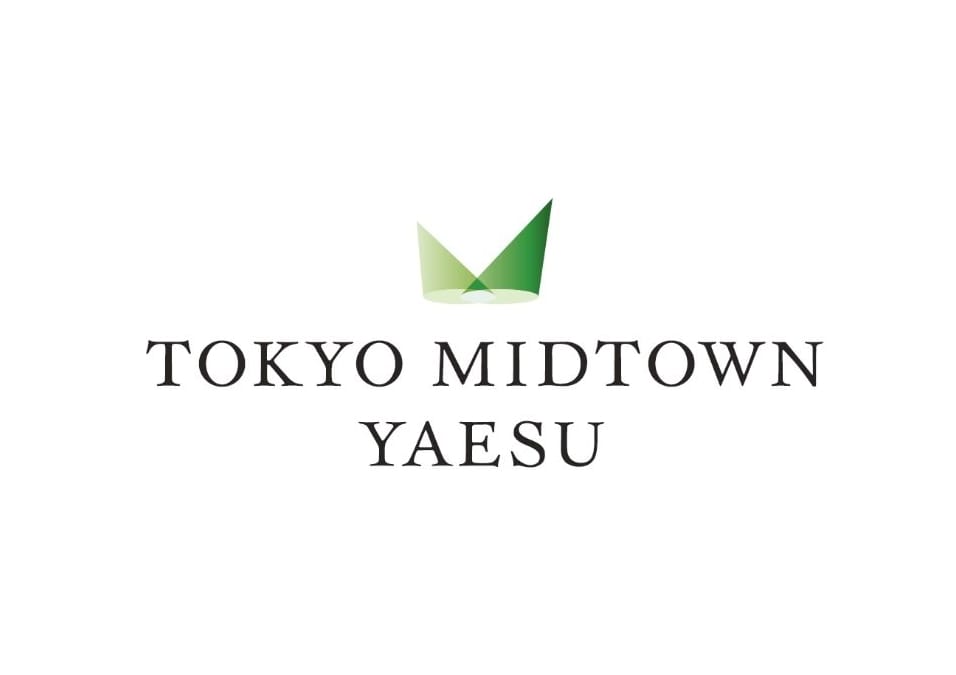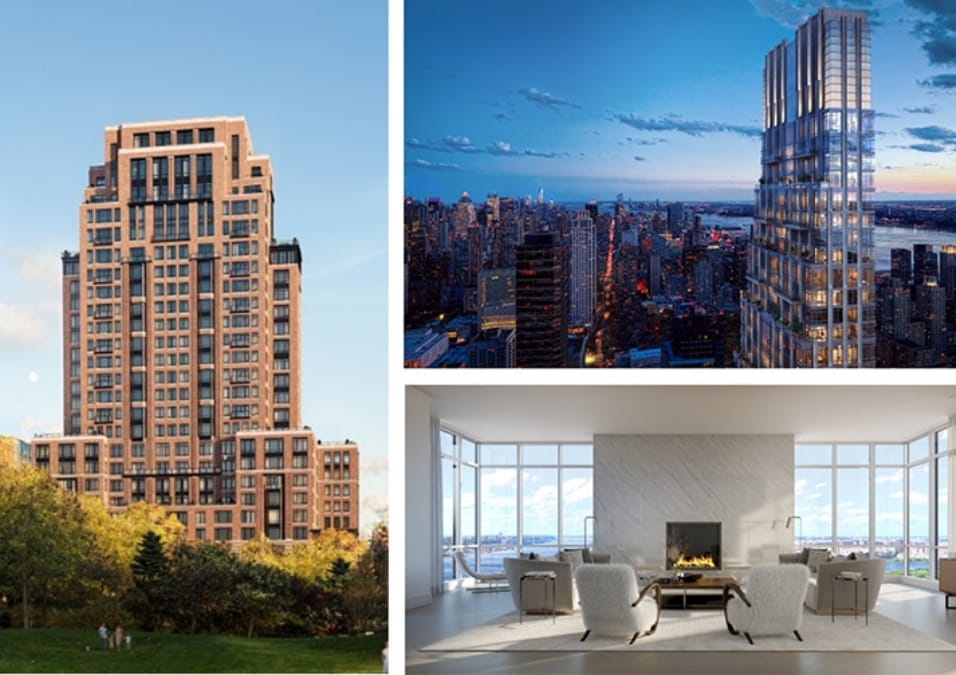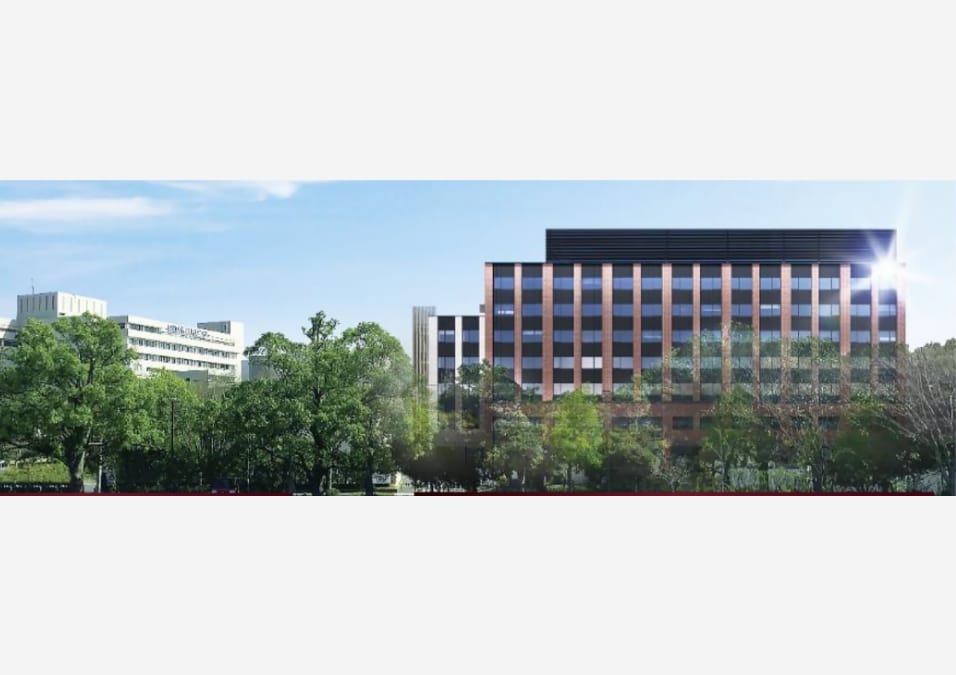From golf course to next-generation model city,
Kashiwa-no-ha continues to evolve
Kashiwa-no-ha was built on a site that includes the former Kashiwa Golf Club, a famous course beloved by innumerable golfers over its 40-year history.
As a next-generation model city, Kashiwa-no-ha has entered its second stage.
Stage 1
2001
Kashiwa Golf Club closes
Kashiwa Golf Club closed after 40 years in operation. It opened in 1961 during a period of high economic growth and was beloved by many golfers.
2005
Tsukuba Express opens
The Tsukuba Express rail line went into operation and Kashiwa-no-ha Campus Station opened, improving convenience and ushering in a new era for the Kashiwa-no-ha area.
2006
UDCK established
The Kashiwa-no-ha Urban Design Center (UDCK) was established as a base for collaborative urban development by the public, private and academic sectors. It promotes a wide variety of projects.
LaLaport KASHIWANOHA opens
LaLaport KASHIWANOHA is a large-scale retail complex with everything from gourmet food to cultural offerings. It is a vital presence in the lives of people who reside and work in the area.
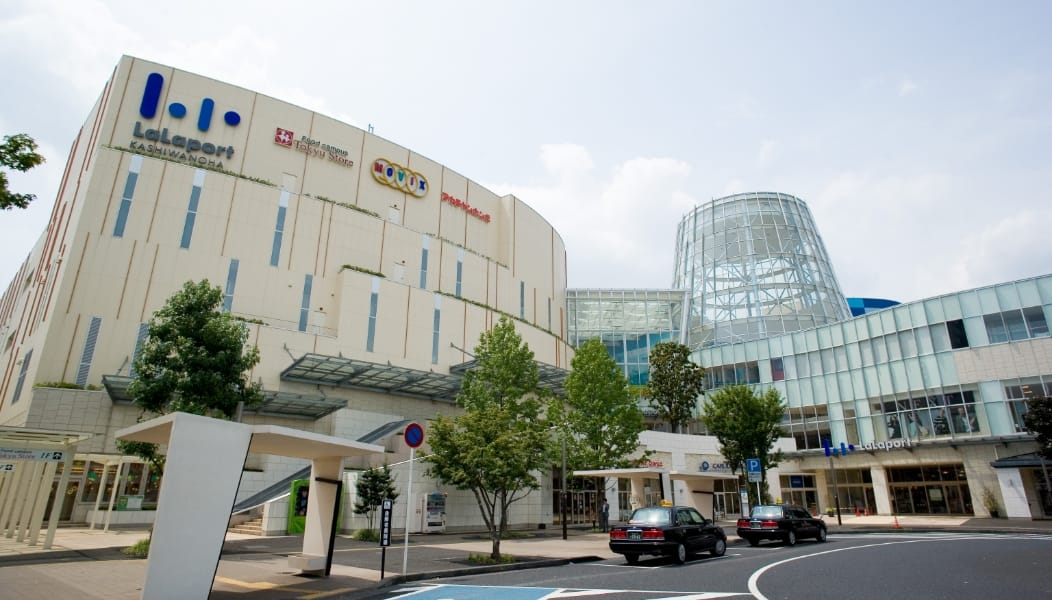
2008
Kashiwa-no-ha International Campus Town Initiative announced
The four parties of Chiba Prefecture, Kashiwa City, Chiba University, and the University of Tokyo have jointly announced a public-private-academic partnership initiative to create an international academic research city and next generation environmental city.
2009
Construction completed on Park City Kashiwa-no-ha Ichibangai
With ‘interactions between people’ as one of its design themes, construction was completed on this large-scale condominium designed with open green spaces and convenient lifestyle-enhancing facilities.
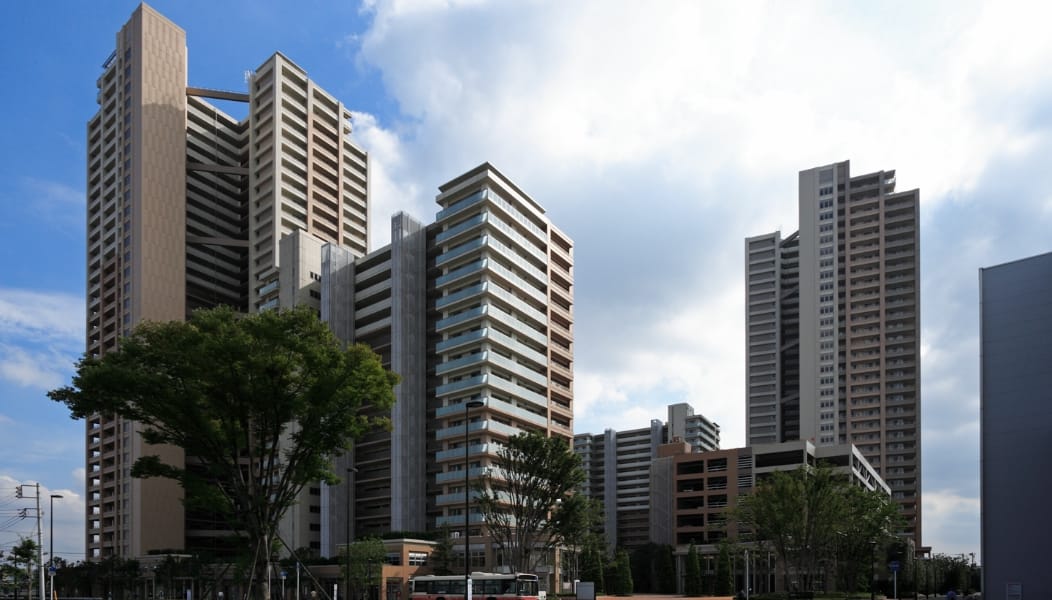
2011
Designated a Future City and special comprehensive zone for regional revitalization
Kashiwa-no-ha’s “autonomous city management through public-private-academic partnership” was selected under both the Future City and special comprehensive zone programs established under the Japanese government’s new growth strategy.
2012
Construction completed on Park City Kashiwa-no-ha Campus Nibangai
Construction was completed on this large-scale condominium that promotes residential and neighborhood development that improves with age through the formation of vibrant communities based on the three keywords of 'environment,' 'art' and 'learning.'
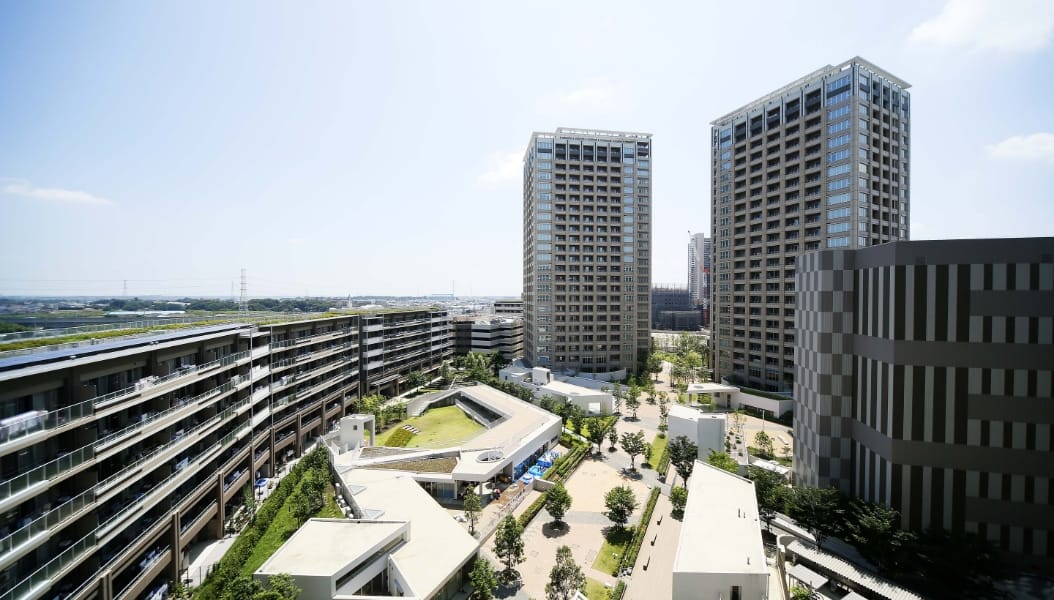
2014
Gate Square opens in the core zone near the station
Gate Square, which is positioned as the city’s ‘core zone,’ opened, and the smart city as a mixed development with urban functions like housing, retail, offices, and lodging began full-fledged operations.
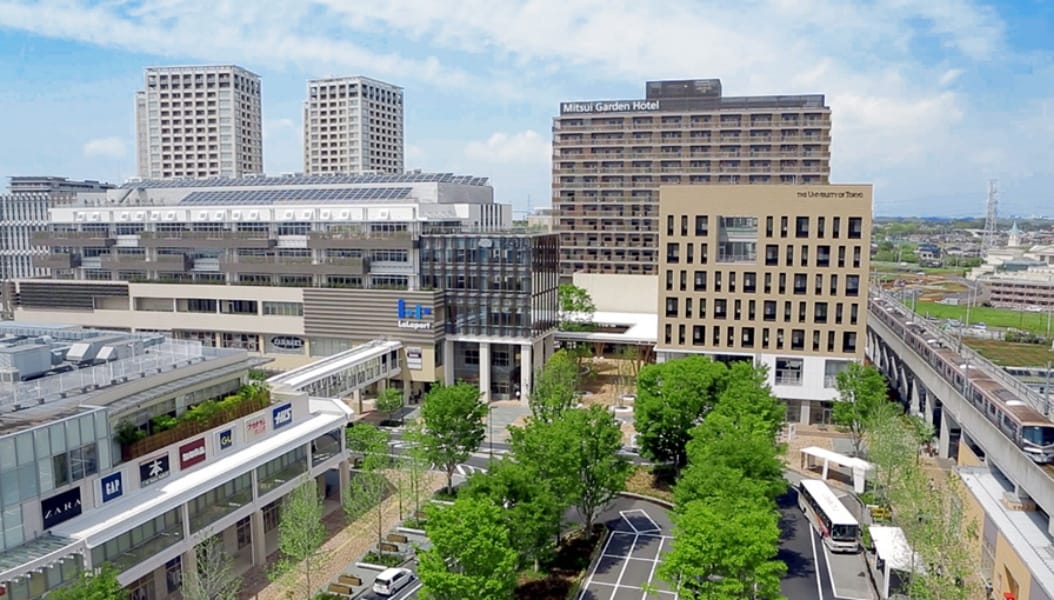
Mitsui Garden Hotel Kashiwa-no-ha opens
This hotel featuring natural hot spring bathing facilities opened, accommodating short- to medium-length stays for business trips, training retreats and more.
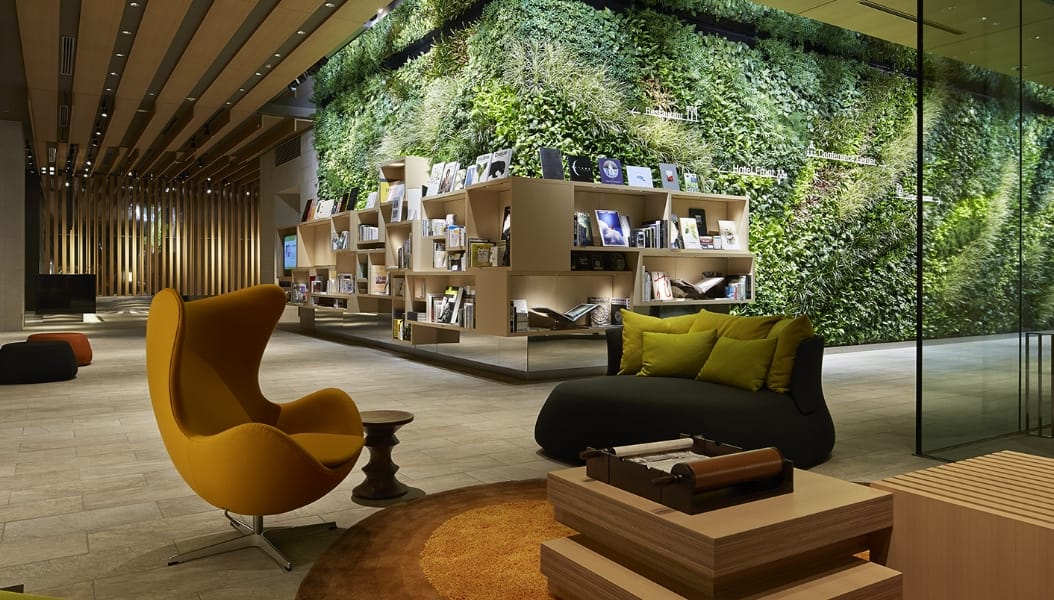
Stage 2
2016
Aqua Terrace opens
A reservoir area that was previously closed off was redeveloped and opened to the public as Aqua Terrace, a waterfront area designed to facilitate diverse interactions.
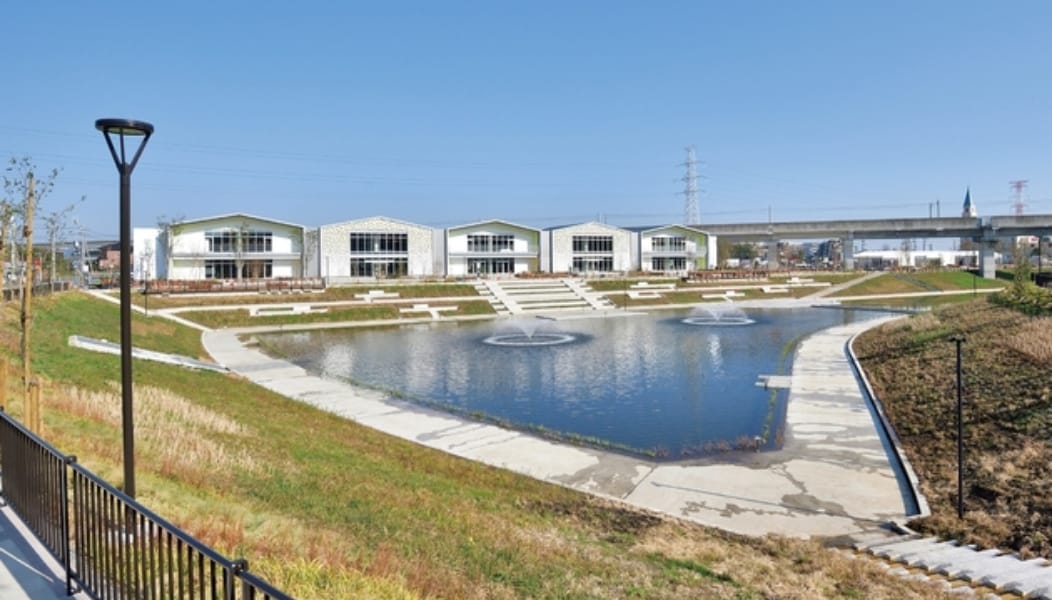
LEED Certification
Neighborhood development and other aspects of Kashiwa-no-ha Smart City were honored with a Platinum rating, the highest granted, by LEED-ND, an international environmental certification system, in November 2016. The city became the first development in Japan to receive the top rating.

2018
Construction completed on The Gate Tower at Park City Kashiwa-no-ha Campus
Following Gate Tower East in 2016, construction was completed on the 36-story Gate Tower West in 2018. It offers a full-range of shared facilities for enriching the lives of people of all generations, including fitness and hot springs bathing facilities.
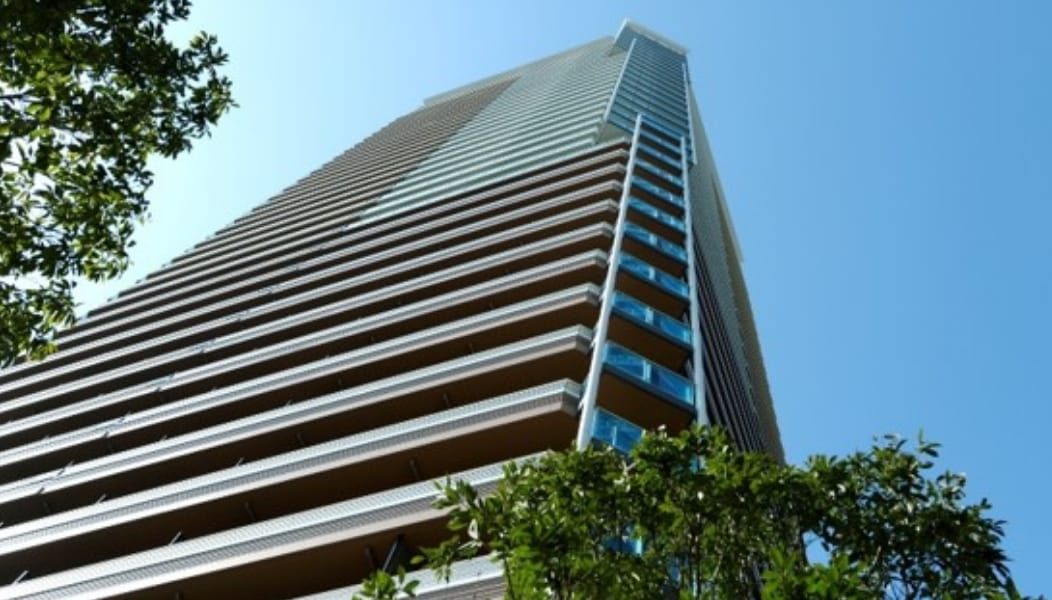
Pre-camp support for the All Blacks
Kashiwa-no-ha was selected as the pre-camp location for the All Blacks, New Zealand’s national rugby union team.

Kashiwanoha Kakedashi Yokocho opens
This commercial facility under the elevated Tsukuba Express rail line opened with 19 small eateries modeled on outdoor food stalls and a Runners Station, a total of 20 establishments.
